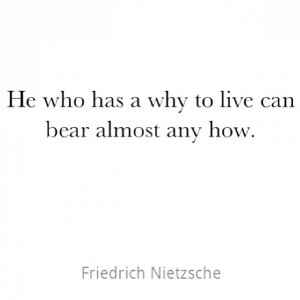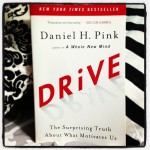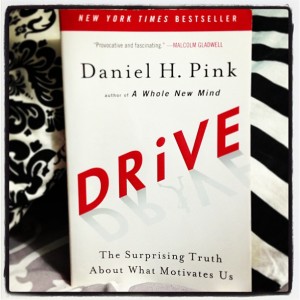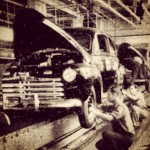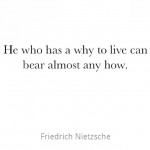
Drive: What Is The Impact Of Not Knowing Your Purpose?
Twitter Summary: Many people struggle to do anything exceptionally well if they don’t know the reasons why they’re doing it in the first place.
Principle
So far we’ve visited three main principles from Dan Pink’s book Drive. First, I shared about a primary assumption most of us have, that if you reward good behavior and punish the bad you’ll get more of the good behavior. That doesn’t work anymore according to Dan Pink and that was touched on in a post called How Money Can Do More Harm than Good. Pink says what instead is needed for a creative work environment to thrive is to give people more autonomy, a chance to master a skill, and his final point, that I want to share today, is how providing people a sense of purpose leads to greater success.


